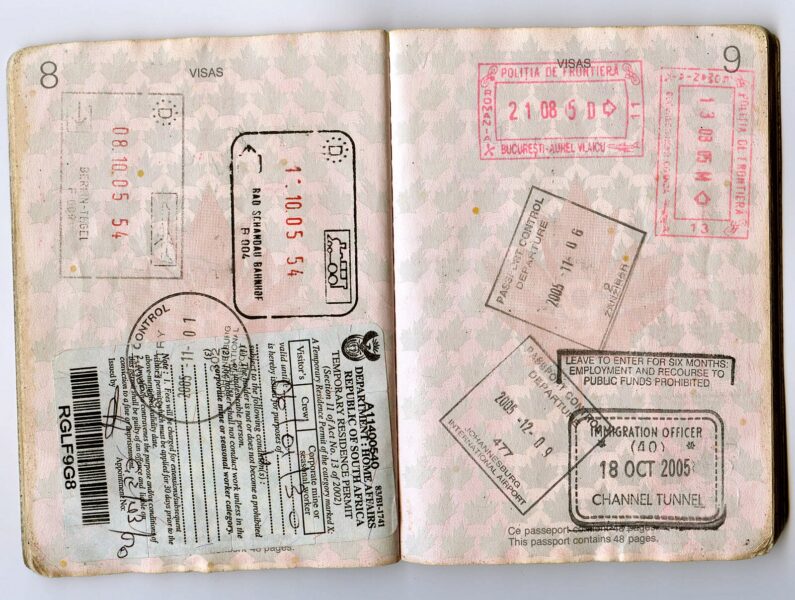
I finally received my student visa after endless embassy appointments, corresponding emails from various university ambassadors and submitting bank statements. Initially, I believed it would be a three-year timeframe, and, shortly after graduating, I would return to my home country, South Africa. Yet, immersed in the English culture, nurturing friendships, and investing in my English academic career, I could see myself starting a life in England. Of course, the decision to remain in the UK is far beyond my means, but rather in the hands of my visa status.
On arrival at the gates at Heathrow passport control, foreign individuals may be greeted with burning questions regarding their flight, purpose, and visa status for residing in the UK. Unfortunately, this exact questioning and even interrogation procedure continues in job applications. In the final year of university, like every other student, tirelessly searching for a job to prepare for a future without the safety of student halls and university peers can be exhausting. However, one of the biggest challenges for international students to remain in the UK is the UK government’s strict eligibility criteria for securing a sponsorship visa.
One of the biggest challenges for international students is the UK government’s strict eligibility criteria for securing a sponsorship visa
The UK government encourages the migration of highly skilled individuals into the UK career field where workers are absent. Yet, the opportunity of obtaining a sponsorship visa for highly skilled workers, typically individuals who hold a university degree and non-UK and Irish citizens, encounters various challenges. Individuals requiring a skilled-workers visa can only apply for a job with sponsorship. In the last decade, the number of foreign workers in the UK has dramatically increased, proving it more challenging to showcase your skills as more beneficial to a designated company than an English citizen. Although most career fields include companies that sponsor skilled-worker visas, the sponsors (companies) are scarce. However, it is precisely the privilege, yet the pressure of obtaining a sponsorship visa; once granted, it is valid for five years and provides a pathway for indefinite settlement in the UK and, ultimately, the naturalisation process of becoming a British citizen.
Crucially, I wish to showcase my story as an example of success. Yet, I am still searching, endlessly exploring the internet, for new job applications in the hope of receiving an acceptance letter. It can be exhausting and emotionally repressing that sometimes one’s barrier is one’s passport; however, there is strength in embracing rejection. Moving abroad is difficult for all international students, leaving the comfort of one’s home country and family. Yet, it teaches us resilience and hope that this decision will provide a better future. Although navigating this path from an international student’s perspective is not without its challenges, migration is a phenomenon of hope and unwavering perseverance; once we recognize the strength inside of us, the rolling rejections become a hurdle we can conquer to secure a sponsorship visa eventually.


